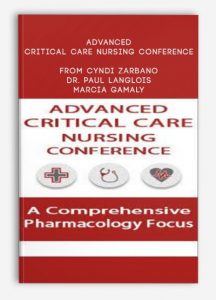 Advanced Critical Care Nursing Conference from Cyndi Zarbano, Dr. Paul Langlois & Marcia Gamaly
Advanced Critical Care Nursing Conference from Cyndi Zarbano, Dr. Paul Langlois & Marcia Gamaly
In this self-paced online course, 3 nationally recognized experts will guide you step-by-step through 8 sessions with a focus on medication selection, desired outcomes, new treatment guidelines, and evidence-based solutions.
Revitalize your career — enroll in this innovative course today. You’ll master specialized pharmacology skills, increase your credibility, and grow your career potential — most importantly, you’ll reduce risk for your patient and provide better treatment outcomes.
with Dr. Paul Langlois, APN, PHD, CCRN, CCNS, CNRN
This insightful, in-depth, and practical session focuses on the common types of cardiac disorders that professionals like you see in your practice, and the medications currently used to treat them. Dr. Langlois will provide you with cutting-edge information regarding the selection of particular cardiac medications, the desired outcomes, potential side effects and drug interactions. Don’t miss this opportunity to keep pace with the ever-changing field of cardiac care and, through the information gained in this seminar, reduce the risk of potential adverse consequences for your patients!
- Antiarrhythmic Agents
- Anticoagulants
- Metabolic Syndrome
- Dyslipidemia
- CHF Stroke
- Antihypertensive Therapy
- Dangerous Interactions
with Dr. Paul Langlois, APN, PHD, CCRN, CCNS, CNRN
The complexity of the critically ill patient creates many challenges to providing effective pain relief. These medications have the potential of leading to adverse patient outcomes if not prescribed and administered appropriately. Learn pharmacologic interventions for:
- Analgesia
- Agitation
- Delirium
- Thromboembolism Prophylaxis
- Gastro-intestinal Bleeding Prophylaxis
with Dr. Paul Langlois, APN, PHD, CCRN, CCNS, CNRN
New medications are being developed at an ever-increasing rate and it can seem overwhelming to keep up with the latest recommendations, guidelines and warnings. In this session, Dr. Langlois will discuss pharmacological management of conditions commonly seen in the critical care setting including:
- Congestive Heart Failure
- Myocardial Infarction
- Stroke
- Organ Transplant
with Dr. Paul Langlois, APN, PHD, CCRN, CCNS, CNRN
Choosing an antibacterial agent can be challenging, given the emerging trends in bacterial resistance. In this session, Dr. Langlois discusses pharmacokinetic properties and new treatment guidelines for conditions commonly encountered in critical care including:
- Urinary Tract Infections
- Skin & Soft Tissue Infections
- Multiple Drug-Resistant Organisms
with Dr. Paul Langlois, APN, PHD, CCRN, CCNS, CNRN
Your patients’ lives depend on your ability to assess and act — there isn’t room for error. Treatment protocols in Managing Shock change frequently and this session will provide you the latest evidence-based management strategies for:
- Hypovolemic Shock
- Cardiogenic Shock
- Neurogenic Shock
- Obstructive Shock
with Cyndi Zarbano, MSN, BSN, CCRN, CEN, PCCN, CMSRN, CLNC, NLCP
The right choice for the situation! In this session, Cyndi discusses quick tips to help you remember:
- Which IV Fluids & Why
- How Pressor Agents Work & When to Use Them
- Blood Products – FFP, Platelets, PRBCs, Cryoprecipitate
with Marcia Gamaly, MSN, MHA, RN-BC, CEN, PCCN
with Dr. Paul Langlois, APN, PhD, CCRN, CCNS, CNRN
The patient admitted with Multi-System Failure requires an “all hands on deck” approach. In this session, Dr. Langlois answers the critical questions:
- What Do We Do First?
- Which IV Fluids & How Much?
- Which Antibiotic & Why or Why Not?
- What are the First Vasopressors to Consider?
- What Complication is the Most Concerning?
by Mikel A Rothenberg, M.D. & Sean Smith, RN, BSN, NREMT-P, C-NPT, CCRN, CMC, CEN, CFRN, FP-C, CPEN
PDF Book DownloadThis fully revised and updated book puts the information right at the fingertips of any medical professional at any experience level. Laboratory Tests Made Easy is a must for your professional library.
by Francine Hoh, PHD, APN, CS, ACHPN
PDF Book DownloadPain Medications and Youis a must-have resource for anyone who is taking pain medications. Written in easy to understand language, this guide will help you fully understand how to safely and effectively use pain medications.
DR. PAUL LANGLOIS, APN, PHD, CCRN, CCNS, CNRN
Dr. Paul Langlois, APN, PhD, CCRN, CCNS, CNRN, is a critical care clinical specialist in the Surgical, Medical, Neuro, CCU and Trauma ICUs of Cook County Hospital, Chicago. Drawing on over 30 years of experience assessing and managing patients with life-threatening diseases, Dr. Langlois provides advanced-level training to nurses, physician assistants, nurse practitioners and physicians. Paul is committed to providing the highest quality of care to patients through advanced education. His presentations are evidence-based, timely and provide participants with case studies to facilitate critical thinking.
CYNDI ZARBANO, MSN, BSN, CCRN, CEN, PCCN, CMSRN, CLNC, NLCP
Cyndi Zarbano is an intensive care nurse with over twenty years of nursing experience who is currently practicing in the Twin Cities area of Minnesota. She is a nationally-recognized seminar speaker who has opened multiple national symposiums and speaks on several topics for PESI, as well as a variety of other companies in the US and Canada. Her national acclaim is well deserved for her ability to make knowledge practical, as well as encouraging knowledge retention by her frequent use of stories, humor and case studies.
MARCIA GAMALY, MSN, MHA, RN-BC, CEN, PCCN
Marcia Gamaly has over twenty years of nursing experience at the bedside and in staff development. Marcia currently works as a clinical nurse educator at St. Mary Medical Center in Langhorne, Pennsylvania. In her current role, she oversees and plans the educational needs for over 250 nurses and support staff on a variety of units, including a step-down, neuro-tele and medical-surgical units.
More information about Medical:
Medicine is the science and practice of establishing the diagnosis, prognosis, treatment, and prevention of disease.
Medicine encompasses a variety of health care practices evolved to maintain and restore health by the prevention and treatment of illness.
Contemporary medicine applies biomedical sciences, biomedical research, genetics, and medical technology to diagnose, treat, and prevent injury and disease,
typically through pharmaceuticals or surgery, but also through therapies as diverse as psychotherapy, external splints and traction, medical devices, biologics, and ionizing radiation, amongst others.
Medicine has been around for thousands of years, during most of which it was an art (an area of skill and knowledge) frequently having connections to the religious and
philosophical beliefs of local culture. For example, a medicine man would apply herbs and say prayers for healing, or an ancient philosopher and physician would apply bloodletting according to the theories of humorism.
In recent centuries, since the advent of modern science, most medicine has become a combination of art and science (both basic and applied, under the umbrella of medical science).
While stitching technique for sutures is an art learned through practice, the knowledge of what happens at the cellular and molecular level in the tissues being stitched arises through science.


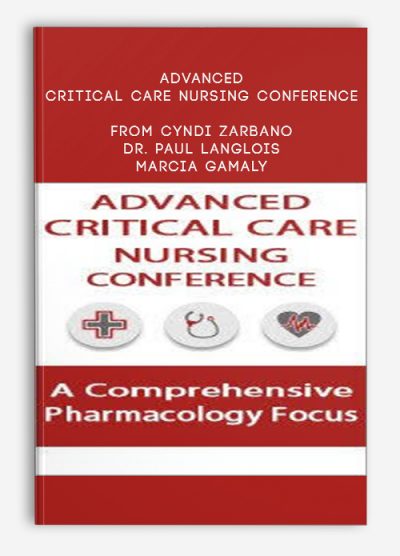

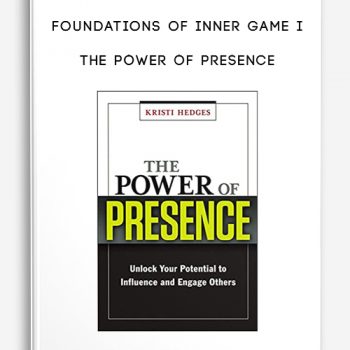


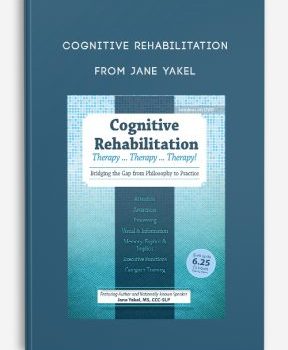
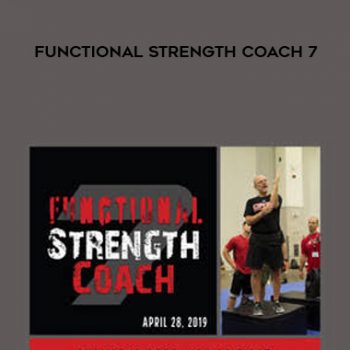


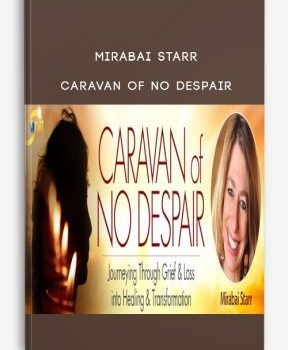
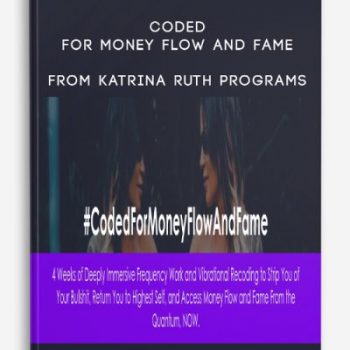
tristian –
This is Digital Download service, the course is available at Coursecui.com and Email download delivery.